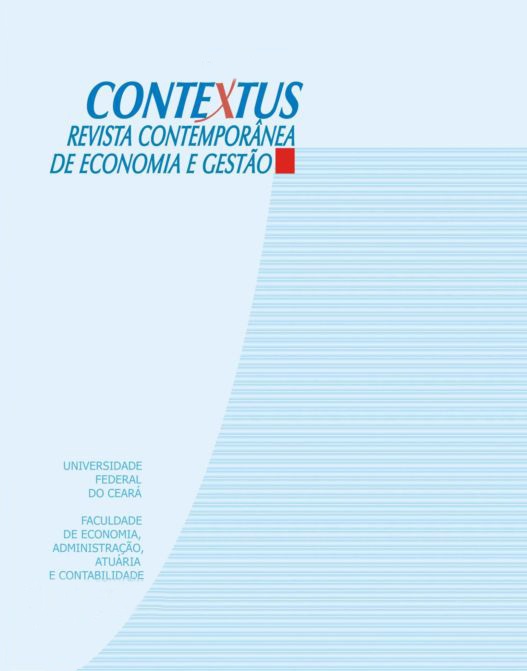THE DYNAMICS OF COOPERATION: A LONGITUDINAL STUDY IN FURNITURE BUSINESS NETWORKS
DOI:
https://doi.org/10.19094/contextus.v12i1.32173Keywords:
Interorganizational networks. Small-firm networks. Cooperation. Dynamics.Abstract
Few studies on interorganizational networks (ION) consider the dynamic nature of cooperation and occurring changes over time. Based on this gap, we analyzed the changes between the years of 2004 and 2011 in two furniture business networks in the state of Rio Grande do Sul. To the network trajectory analysis, three variables were selected: cooperation management and results obtained by participants; relational environment and trust among participants and, external agents support. It was verified that managerial complexity and the critical events which occurred led to the closure of one network, despite the positive results networks achieved in 2004 and the development of a favorable relational environment among members. The other network had its cooperative activities reduced. A big challenge for the management of ION is to provide new benefits to the firms as entrepreneurs’ individuals interests change.Downloads
Published
How to Cite
Issue
Section
License
The authors, while doing the submission, accept the notice below:
We authors hold the copyright related to our paper and transfer Contextus journal the right for the first publication with a Creative Commons’ international license of the modality Attribution – Non-commercial 4.0, which in turn allows the paper to be shared providing that both the authorship and the journal’s right for initial release are acknowledged.
Furthermore, we are aware of our permission to take part in additional contracts independently for non-exclusive distribution of the version of our work published in this journal (e.g. publishing it in an institutional repository or as a book chapter), while acknowledging both the authorship and the journal’s initial publication.
We also certify that the paper is original and up to this date has not been released in any other journal, Brazilian or of another nationality, either in Portuguese or another language, as well as it has not been sent for simultaneous publication in other journals.
Last, we not only know that plagiarism is not tolerated by Contextus but also certify the paper presents the sources of passages from cited works, including those authored by ourselves.









3.png)


1.jpg)



1.jpg)


1.jpg)






.jpg)



1.jpg)

1.jpg)


1.jpg)

1.jpg)
1.jpg)
2.png)




1.jpg)
2.jpg)

1.jpg)





1.jpg)


1.jpg)
1.jpg)
